what is rsv in babies covid
Among infants and young children respiratory syncytial virus usually referred to as RSV is one of the most common respiratory viruses. What is RSV in babies.
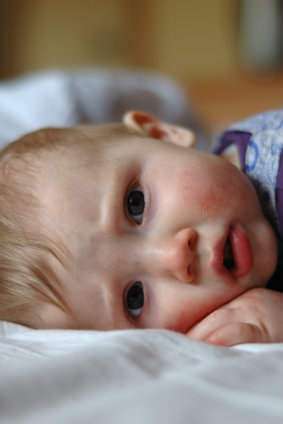
10 Things Every Parent Should Know About Rsv Respiratory Syncytial Virus Montreal Children S Hospital
RSV is a common respiratory pathogen so common in fact that nearly all of us are infected with it by the age of two.
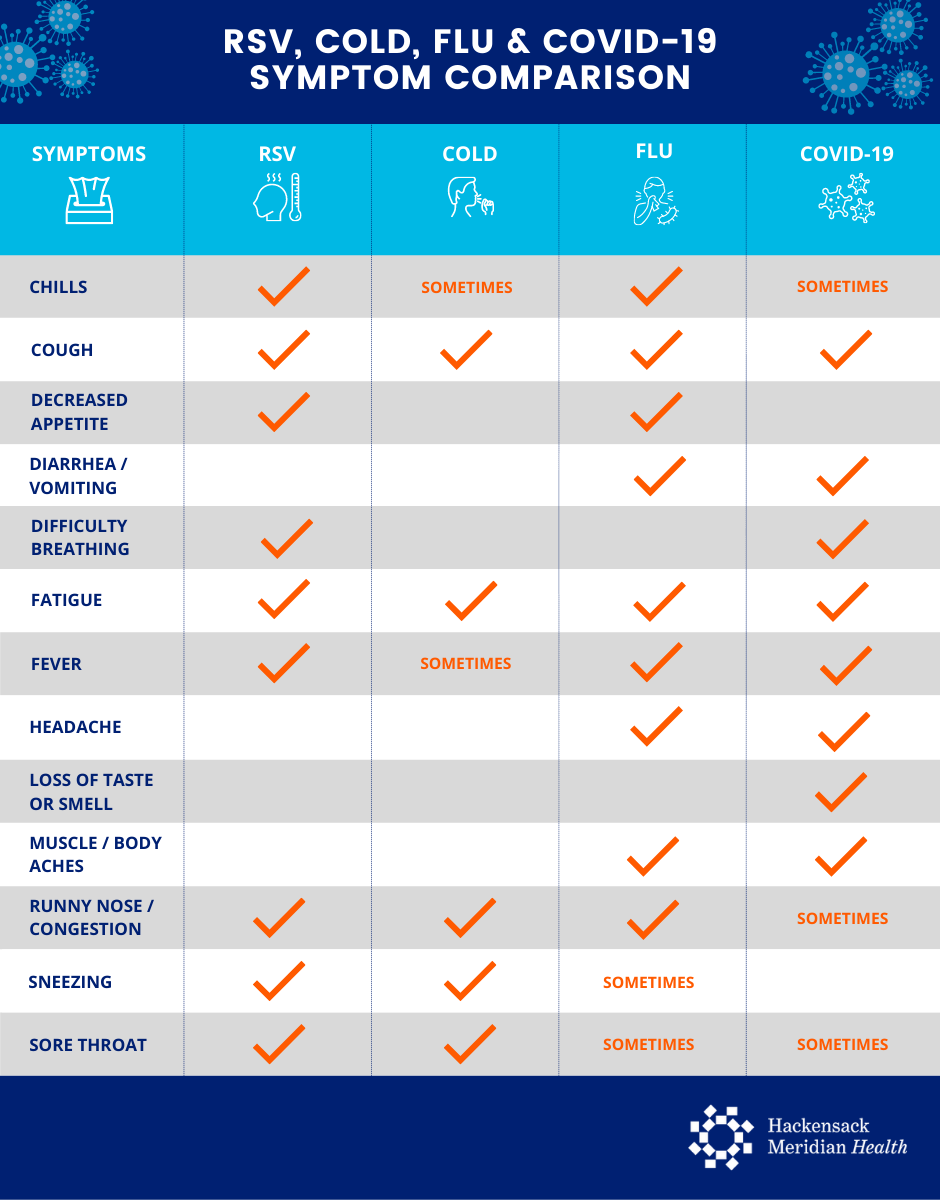
. Most kids have had the virus by the time they turn 2. Reports of kids developing both a respiratory syncytial virus RSV infection and COVID-19 have increased in recent weeks in. For the vast majority.
There are vaccines and treatments specifically for COVID-19 but none for RSV. In infants and the elderly the symptoms can be more severe. Ad Want to grow hair overnight.
A hospitalization rate much higher than for either virus alone according to officials. Learn More about Respiratory Syncytial Virus in Infants on the Offical HCP Website. Trouble breathing or rapid breathing.
Of those 11 four had RSV in addition to COVID-19. RSV is a common respiratory infection in young children that usually occurs in winter but this year it has been spreading during the summer. Sometimes making sense of your kiddos health can feel a little like wading through alphabet soup.
19 hours agoRSV is a common respiratory virus that usually causes mild cold-like symptoms but it can become a serious infection in infants and older adults the CDC says. It usually shows up as a mild cold and lasts for five to seven days. Mild COVID-19 symptoms in kids are pretty similar.
A retrospective study published in 2020 analyzed data from 862 patients at two medical centers in Chicago who tested positive for COVID-19 from. 12 While RSV typically causes mild cold-like symptoms it can progress to lower respiratory tract infections LRTI. Respiratory syncytial virus RSV causes infections of the lungs and respiratory tract.
Childrens Hospital at VanderbiltThe study appeared in the Journal of. It spreads between babies children and older people in respiratory droplets similar to the way coronavirus and influenza spread. The bottom line.
RSV infection can be more serious in the neonatal period. In cases with suspected COVID-19 infection it should be kept in mind if atelectasis is seen on chest radiography. RSV is a seasonal virus that primarily affects children and its really common.
Apnea pauses while breathing. RSV symptoms range from mild to severe and commonly include. Respiratory syncytial virus RSV is a frequent cause of the common cold during the winter months each year.
The newest one is the virus that causes COVID-19. Respiratory droplets are tiny sprays of water that come from your nose or. It can lead to pneumonia and other.
It spreads when a cough a sneeze or even a loud conversation sends respiratory droplets flying through the air. Almost every child will get RSV by the age of 2 and for the majority of babies the illness is mild with symptoms lasting for about one or two weeks. However babies 1 year and younger are much more susceptible to serious illness.
RSV is highly transmissible as is the COVID-19 Delta variantBoth viruses can be spread through respiratory droplets after someone coughs sneezes laughs speaks or sings. Respiratory syncytial virus RSV is a very common respiratory illness that can present with a runny nose fever wheezing and a cough. Adults are also more likely to have serious symptoms from.
Respiratory syncytial virus or RSV is a viral infection common in children. Almost all children get RSV at least once before they are 2 years old. What is RSV.
For adults with COVID-19 symptoms may be more severe and may include trouble breathing. We have learned in particular the importance of protecting those who are most vulnerable. RSVor respiratory syncytial viruscauses an upper respiratory infection.
One of the many acronyms you might have come across while parenting your lovebug is RSV. Babies under age 1 might be at higher risk of severe illness with COVID-19 than older children. Newborns can get COVID-19 during childbirth or by exposure to sick caregivers after delivery.
An infants nasal microbiome as it interacts with the immune system influences the childs risk of becoming severely ill due to a respiratory syncytial virus RSV infection according to a recent study by Christian Rosas-Salazar MD an assistant professor of pediatrics at Monroe Carell Jr. The CDC reports it can be life-threatening in infants and young adults. In very young infants less than 6 months old the only symptoms of RSV infection may be.
At Texas Childrens Hospital in Houston on Thursday 25 of 45 hospitalized pediatric patients were diagnosed with RSV as well as COVID-19. At the moment there is little data. A little-known disease called RSV with symptoms similar to a cold and elements easily mistaken for Covid puts thousands.
In adults and older children RSV is typically a mild illness very similar to the common cold. Infants who get an RSV infection almost always show symptoms. Kids with severe bronchiolitis caused by RSV are usually admitted to the hospital for supportive care like oxygen and intravenous IV fluids.
Congestion or runny nose. And for kids who are toddler-age and older symptoms tend to be mild like a common cold. RSV is very contagious.
RSV is a common highly contagious seasonal respiratory virus resulting in mild cold-like symptoms that typically subside in a week or two for healthy children and adults. However it can be dangerous for infants and elderly adults that are at a higher risk for lower respiratory tract infections. Link is external a highly contagious virus that can infect children and adults.
Respiratory failure may be more serious in RSV positive infants and RSV infection may be more dangerous for the neonatal period. Its so common that most children have been infected with the virus by age 2. Though COVID-19 can affect children adults make up most of the cases diagnosed so far.
It can spread to the lower respiratory tract causing pneumonia or bronchiolitis. If you have COVID-19 or are waiting for test results due to symptoms during your stay in the hospital after childbirth wear a well-fitting face mask and have clean hands when. RSV is a contagious virus thats spread just like the common cold often between October and April.
Symptoms in babies present as Covid as parents warned of winter virus surge. RSV is caused by the respiratory syncytial virus. In children COVID-19 often results in mild symptoms such as fever runny nose and cough.
This is different from adults who can sometimes get RSV infections and not have symptoms.
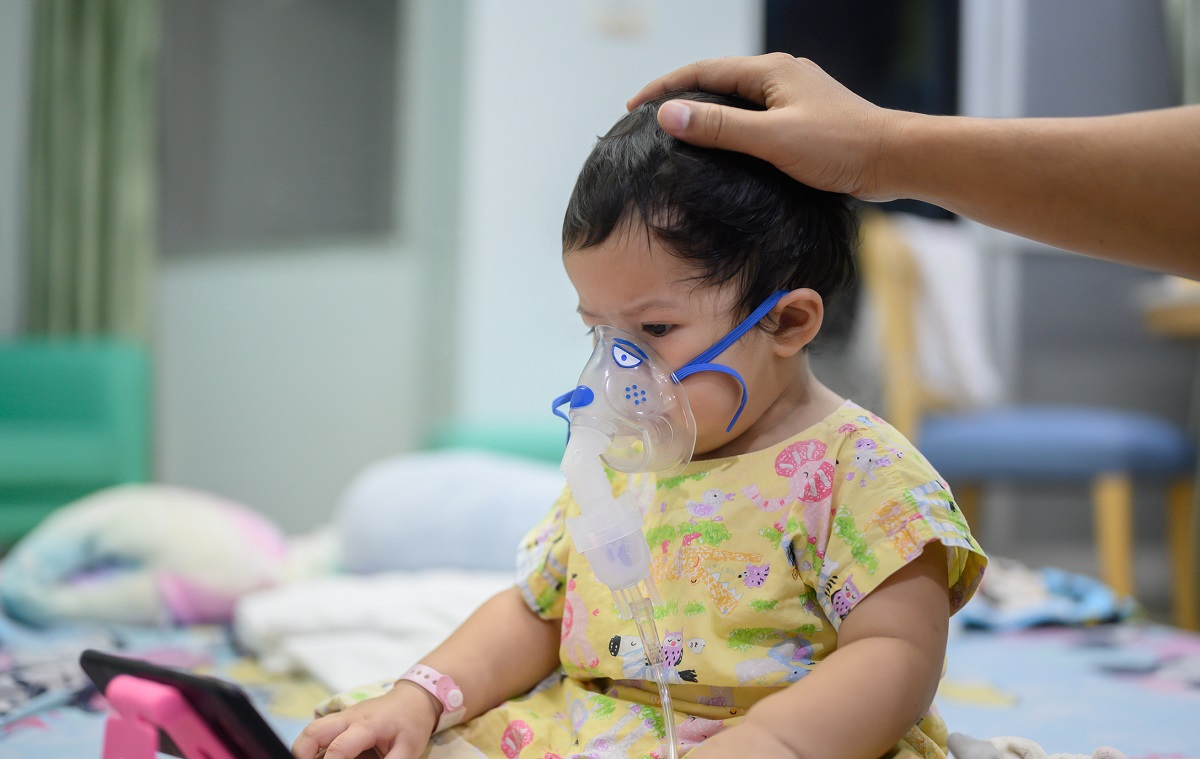
The Medical Minute What Parents Need To Know About A Rise In Rsv Penn State University

Common Seasonal Virus Rsv Hitting Earlier

How To Recognize The Warning Signs Of Rsv Allergy Asthma Network
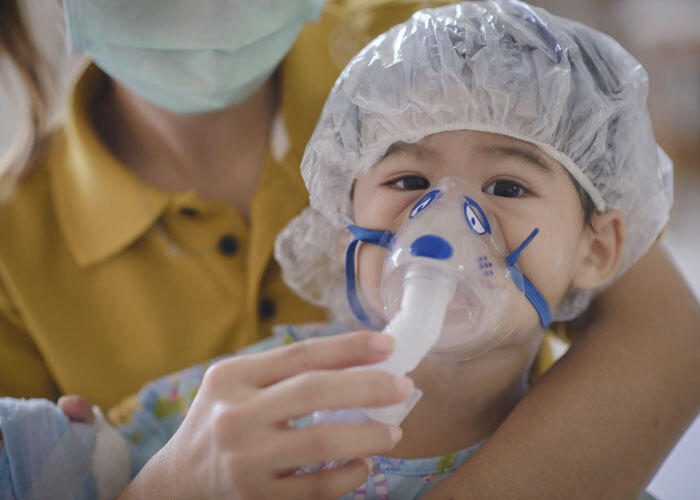
Rsv In Babies Symptoms Prevention Resemblance To Covid 19 Immunifyme

Respiratory Syncytial Virus Rsv National Foundation For Infectious Diseases

Rsv Cold Covid 19 Flu How To Id Common Kid Bugs
.jpg)
Addressing The Recent Rise In Rsv Cases
/cloudfront-us-east-1.images.arcpublishing.com/gray/FWAOGGYBHRHWPNYGWUCTQ7DKLY.jpg)
How To Tell The Difference Between Rsv And Covid 19

How Rsv Affects Babies And Young Children Babycenter
How To Tell The Difference Between Rsv And Covid 19
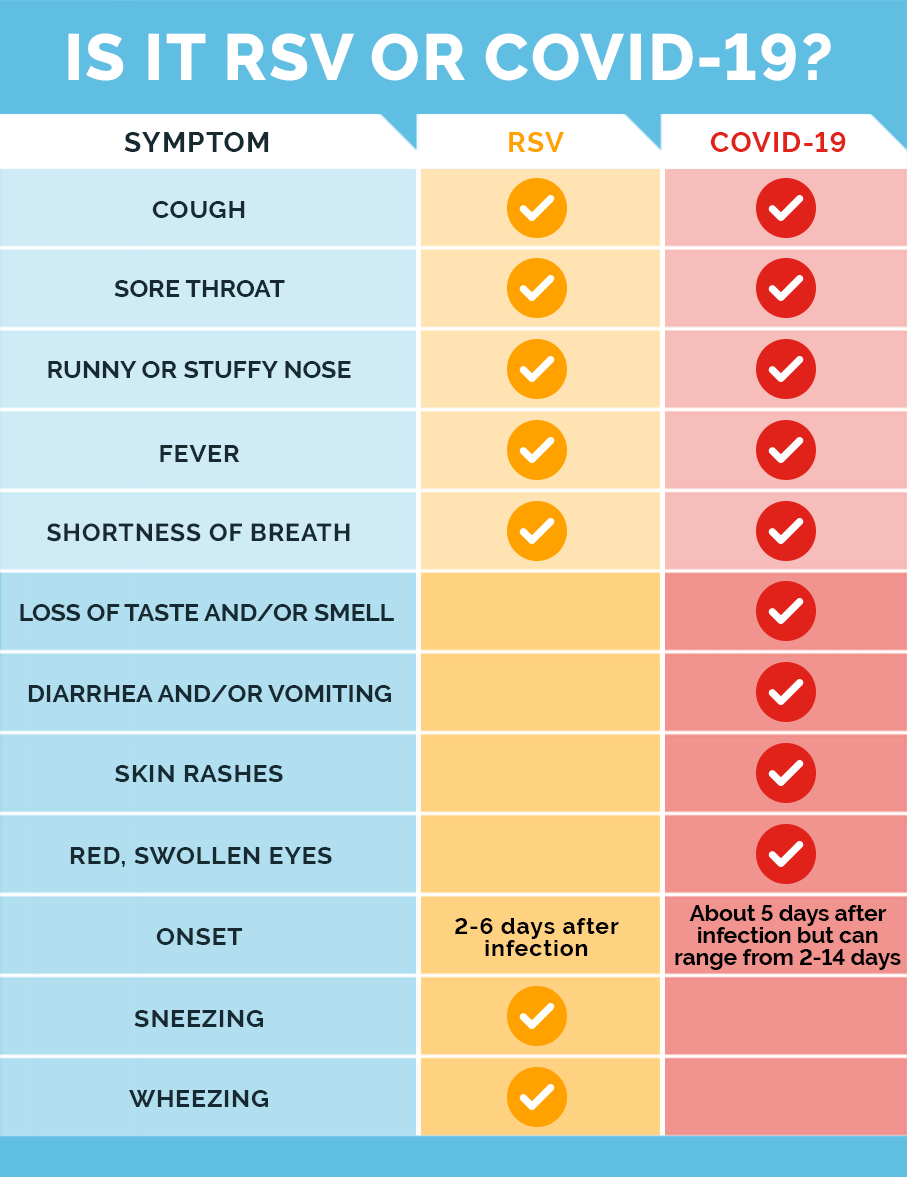
Why Is Rsv On The Rise This Summer

Respiratory Syncytial Virus Rsv National Foundation For Infectious Diseases

Bronchiolitis And Rsv After Hours Kids Pediatric Clinic

Rsv Respiratory Syncytial Virus Symptoms Causes Treatment Everyday Health

A Parent S Guide To Treating Cold Flu And Covid 19 Unc Health Talk

Patient Education Bronchiolitis And Rsv In Infants And Children Beyond The Basics Uptodate

Viral Concerns Keep Your Children Safe From The Rsv Virus Lee Health
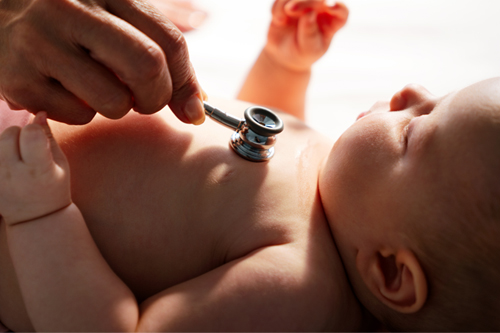
Why Is Rsv On The Rise This Summer
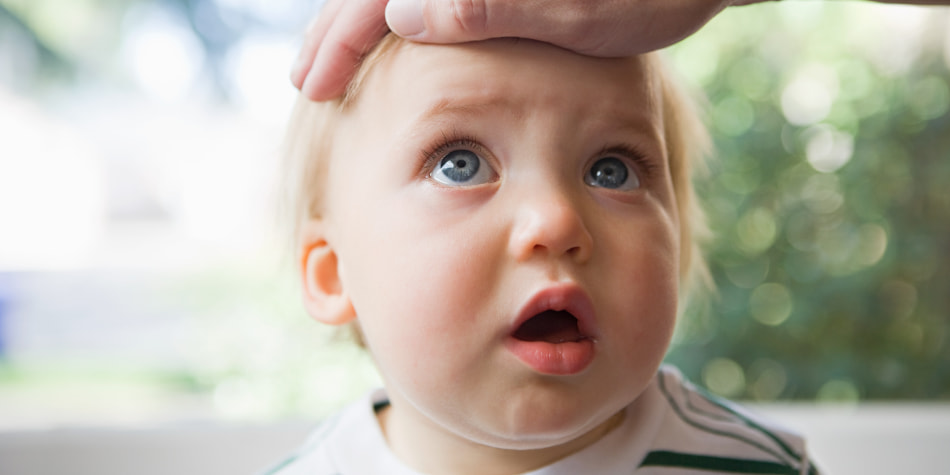
Could Your Baby Have Rsv And Should You Take Them To The Er Eastern Idaho Regional Medical Center Idaho Falls Id